Before she became queen and a symbol of quiet strength beside King Charles, Camilla carried with her a private story of survival — one that would later shape the causes she championed and the people she chose to stand beside.
A long-suppressed memory from Queen Camilla’s youth has come to light. This painful ordeal revealed not only the Queen Consort’s resilience in the face of trauma but also her enduring commitment to supporting victims of sexual violence.
The disclosure came through Guto Harri, the former communications director to Boris Johnson, who recounted how Camilla confided in Boris during his early days as London’s mayor.
Boris’s first formal meeting with then-Prince Charles in 2008 had been awkward at best. Delayed by transport troubles, the then-Mayor of London arrived at Clarence House to a cool reception.
“There was never a lot of love for [Boris],” Guto remembered, noting that Charles took “just a tiny bit of offence” at his lateness.
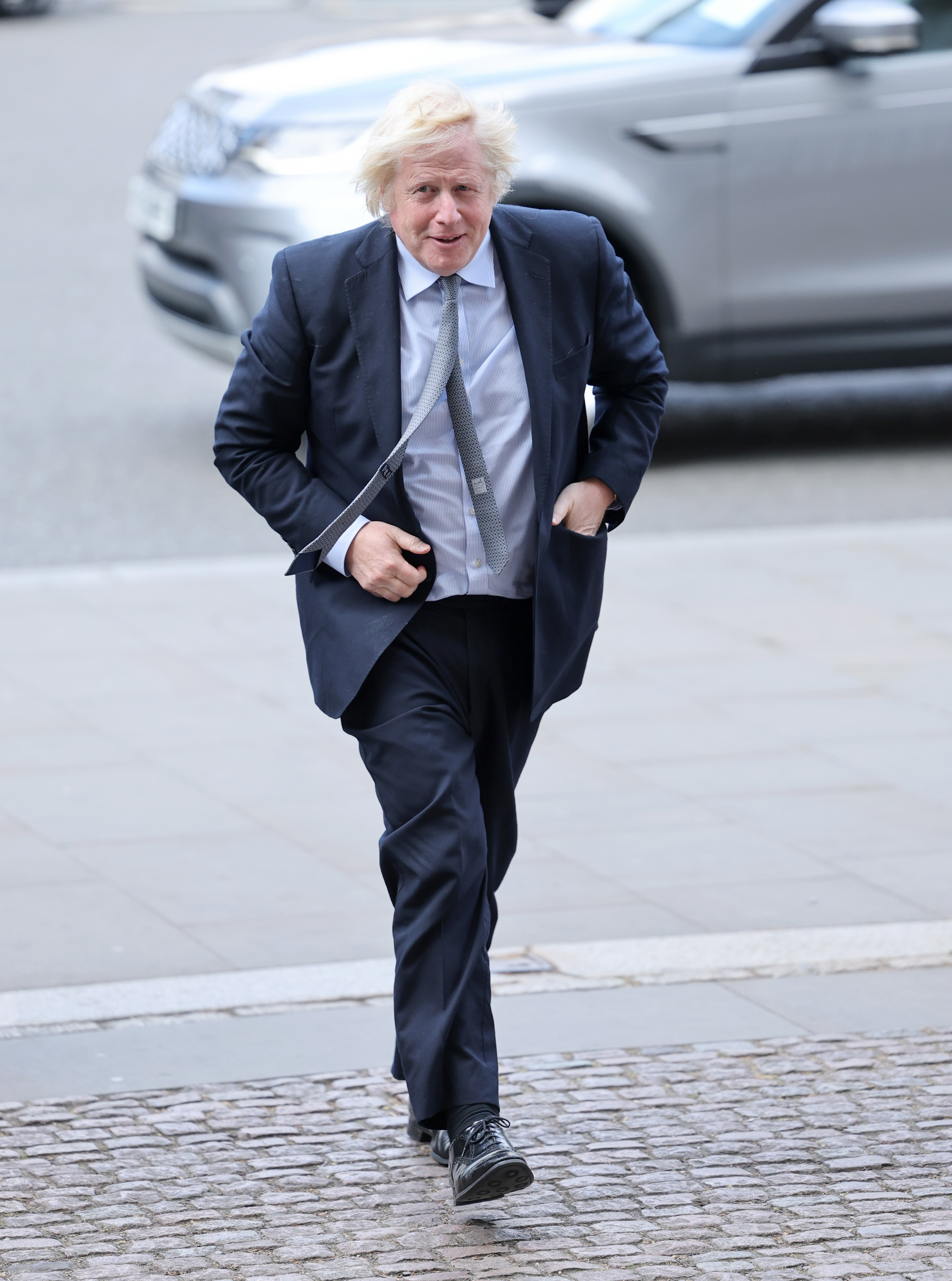
But while Charles bristled, Camilla showed warmth. Curious about Boris, she reportedly asked her husband, “He looks like such fun. Can we have him over for tea?”
When Boris and Guto later chose to cycle back to Clarence House to prevent another travel delay, Camilla welcomed them with lighthearted disbelief as they parked their bikes in the shed, before taking Boris upstairs for a private discussion.
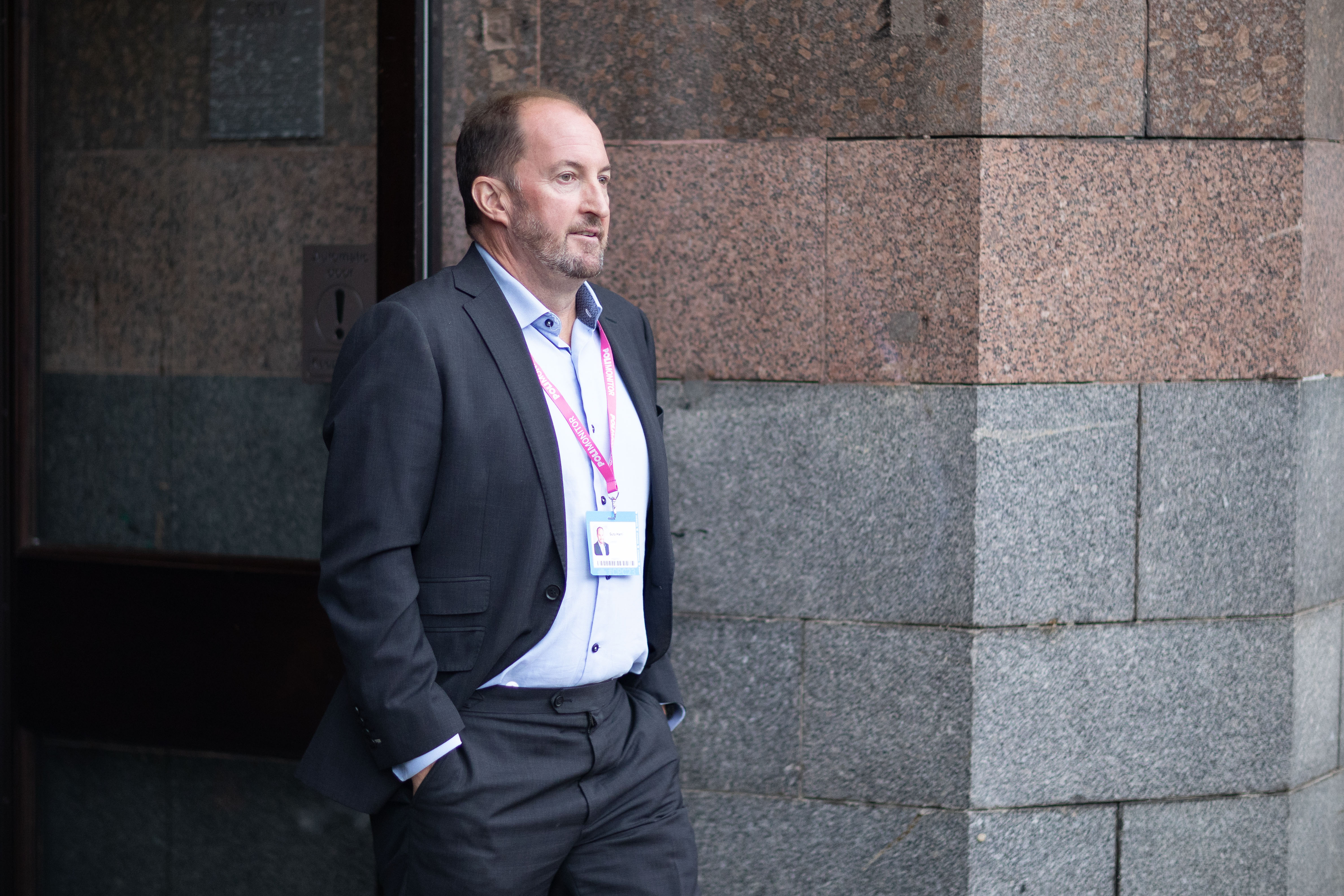
It was during that private exchange that Camilla revealed a profoundly personal, long-buried memory. As a teenager of around 16 or 17, she was traveling by train to Paddington when she became the target of a sexual assault attempt. “Some guy was moving his hand further and further …” she confided.
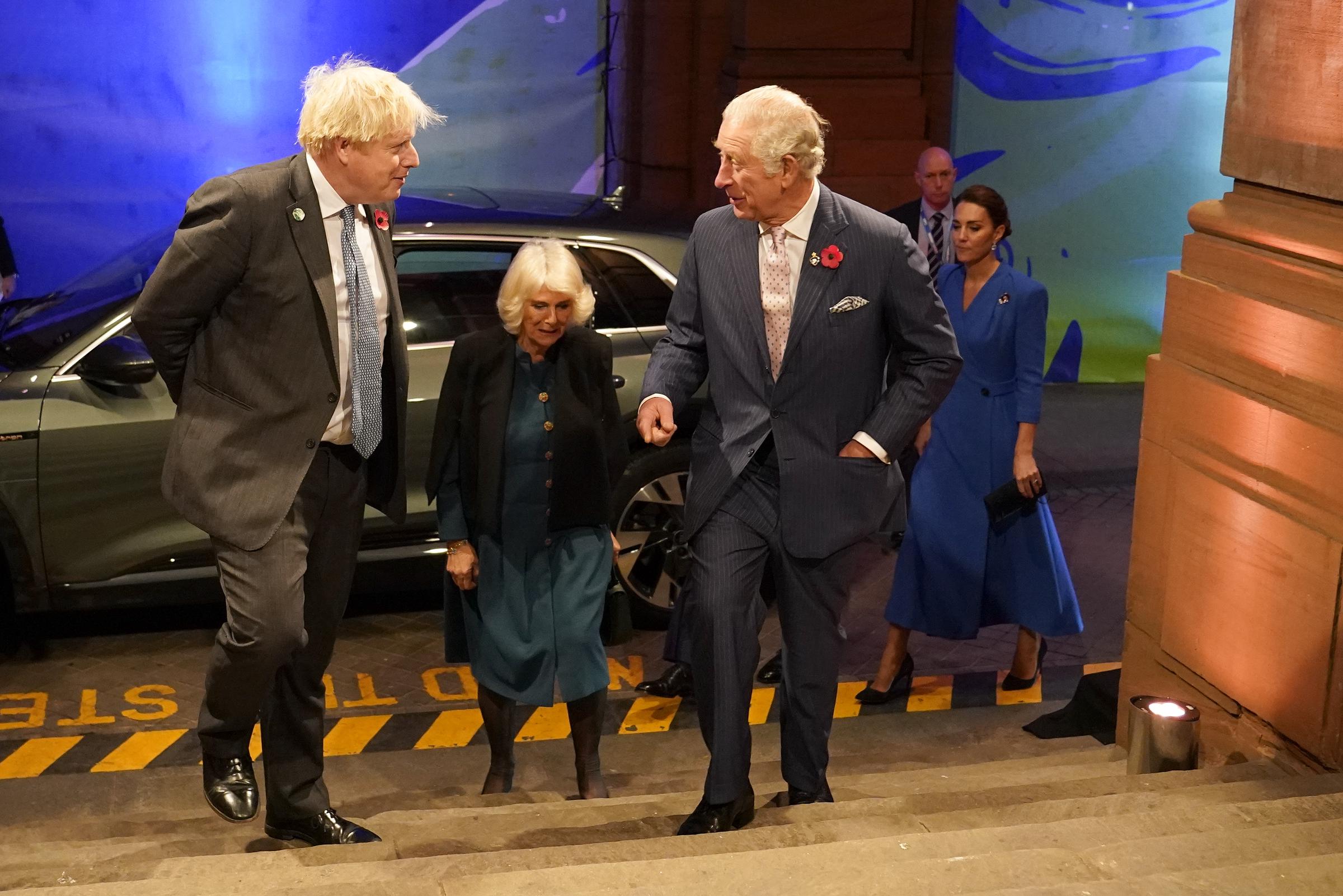
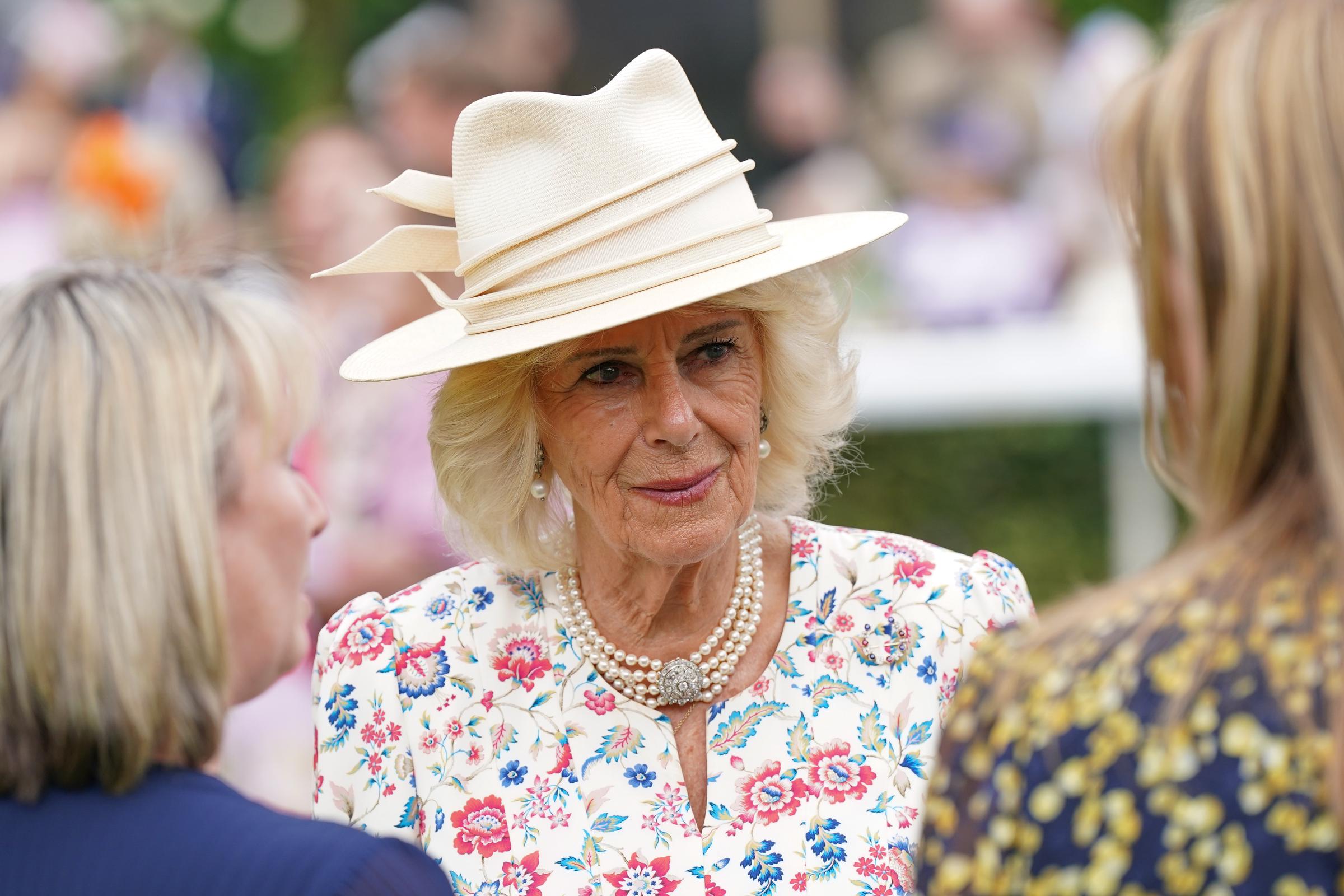
Guto recalled how, even in the retelling, Camilla’s composure shone through:
“She was self-possessed enough when they arrived at Paddington to jump off the train, find a guy in uniform and say, ‘That man just attacked me,’ and he was arrested.”
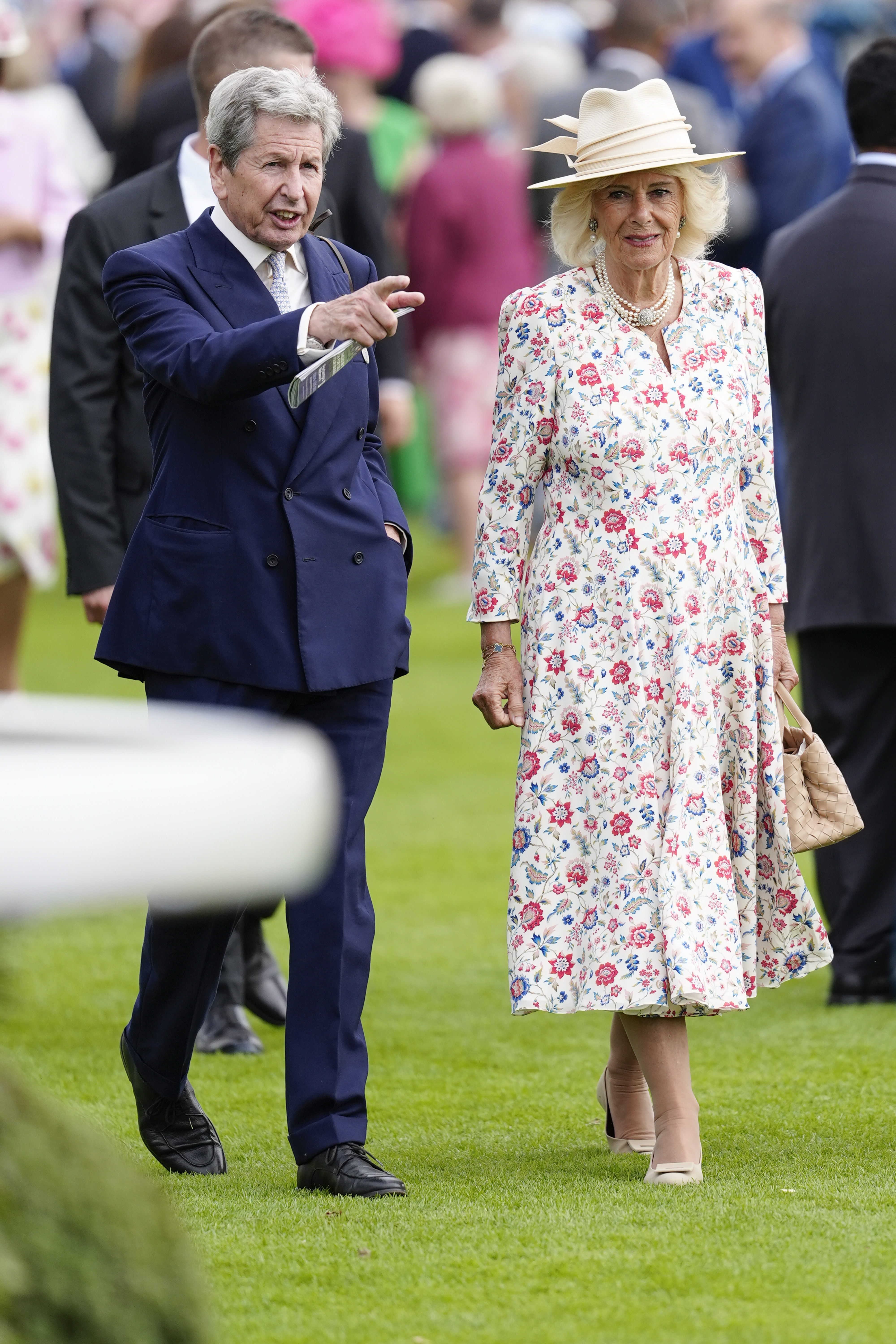
This private story cast new light on Camilla’s public dedication to the protection of women and girls. It explained why she was such a strong supporter of Boris’s initiative to expand London’s rape crisis services.
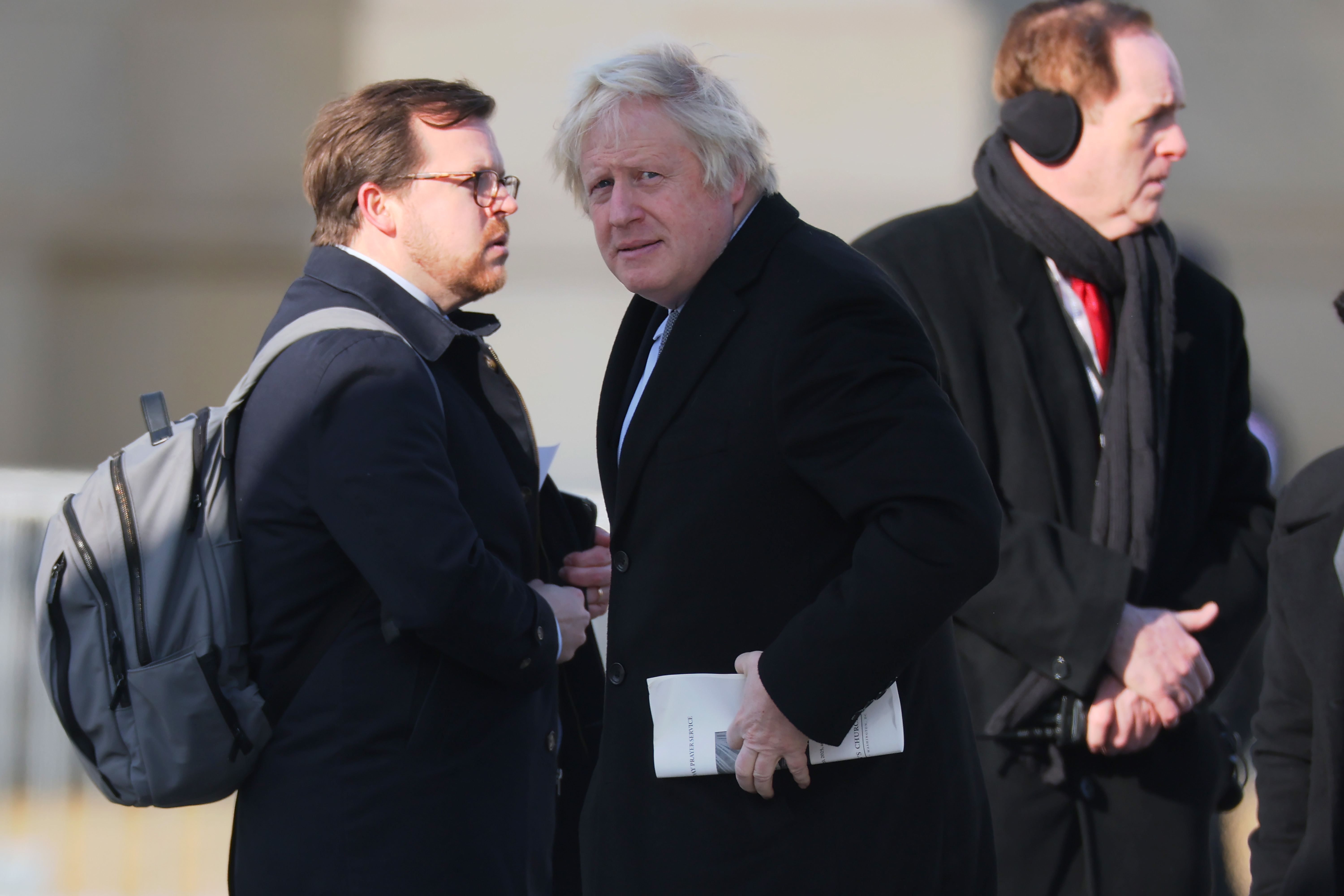
At the time, the capital had only one such center, located in the south. Boris pledged to create three more. Camilla’s quiet determination soon became visible as she later helped open two of the new centers herself. “Nobody asked why the interest, why the commitment,” Guto said. “But that’s what it went back to.”
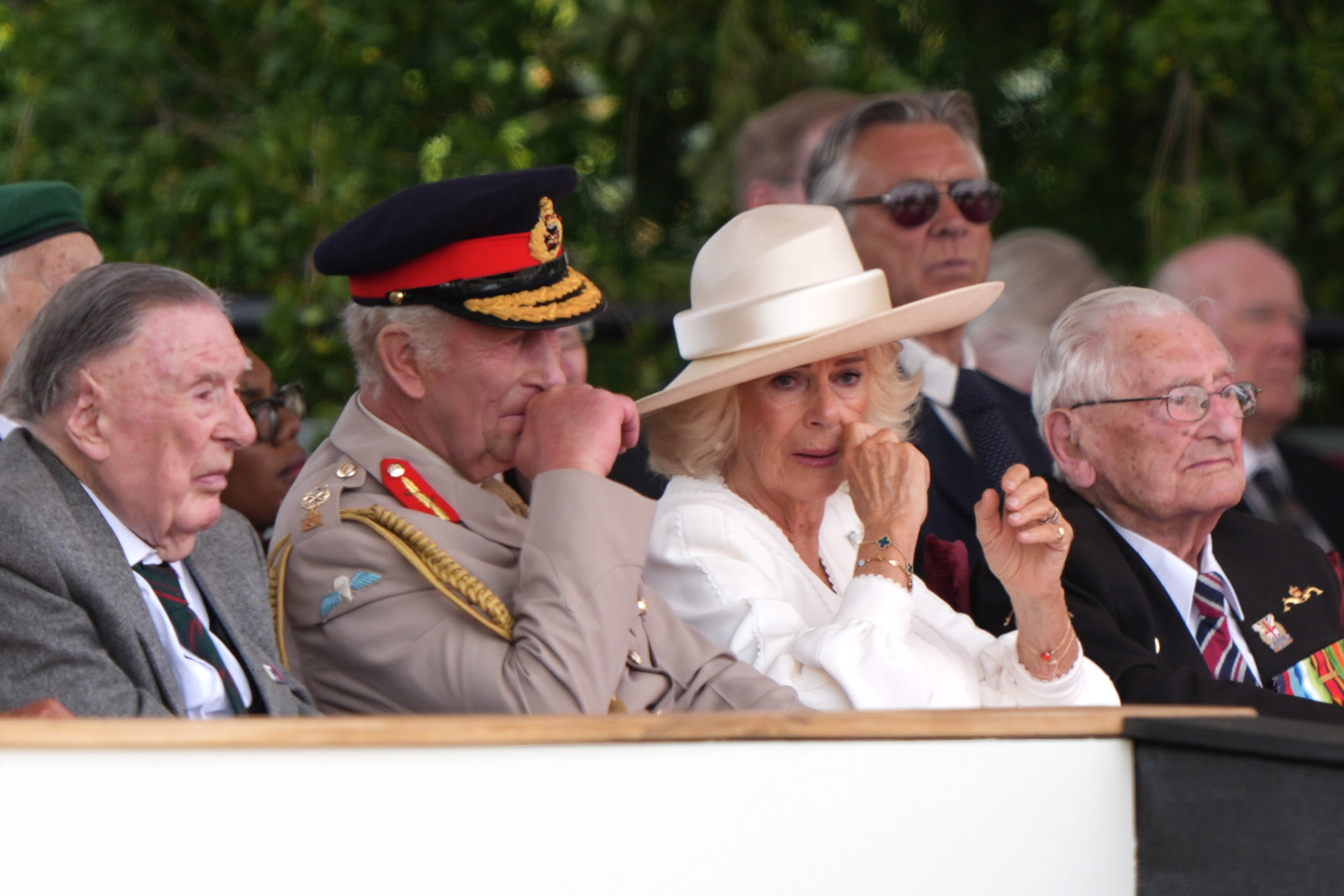
Camilla’s advocacy did not end there. Over the years, it became one of the defining aspects of her public service. She partnered with then–Prime Minister Theresa May to support an NHS campaign urging survivors of sexual and domestic abuse to come forward for help.
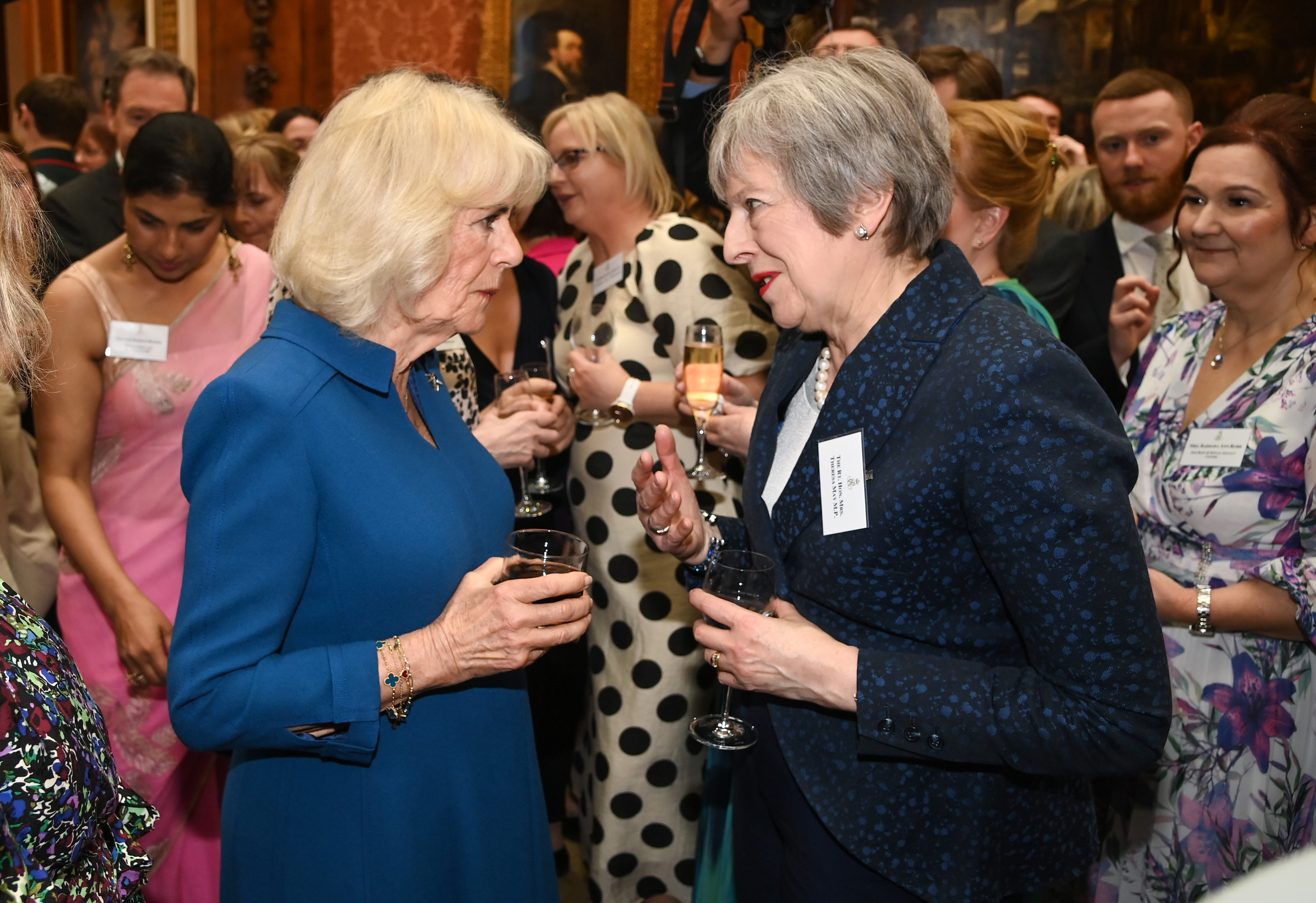
The campaign was launched during Sexual Abuse and Sexual Violence Awareness Week and coincided with a £20 million funding boost for specialist services, including sexual assault referral centers across England.
NHS England highlighted Camilla’s longstanding commitment to raising awareness and confirmed that she would spend time with survivors, hearing directly about their experiences and the care they had received.
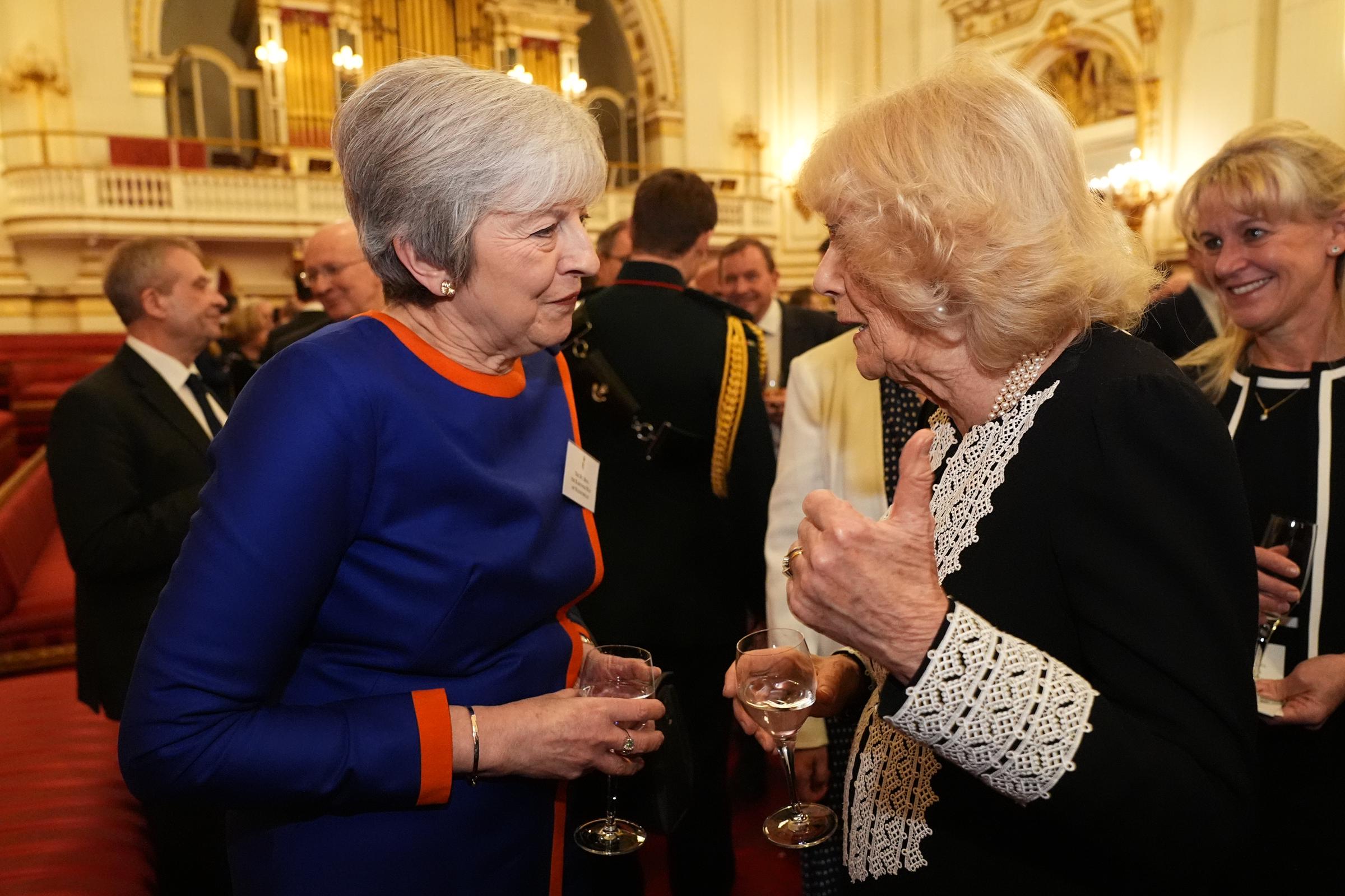
This revelation takes on renewed weight as royal journalist Valentine Low serializes his forthcoming book, “Power and the Palace,” in The Times. The book examines the monarchy’s often-overlooked influence on Britain’s political life, shedding light on the complex relationships between sovereigns and prime ministers.
Valentine, who has chronicled the royal family since 2008 and authored “Courtiers: The Hidden Power Behind the Crown,” explained in a post on X that The Times was the critical outlet because it was publishing the full account.
Today, as Queen Consort, Camilla’s work on behalf of survivors stands as one of the most visible and meaningful aspects of her role. What was once a private trauma has become a driving force behind her compassion and advocacy.
Her candid admission to Boris was not a casual aside, but a glimpse into a life-altering moment — one that continues to inform her mission. It is a story of pain, yes, but also of the resolve to ensure others do not suffer in silence.





